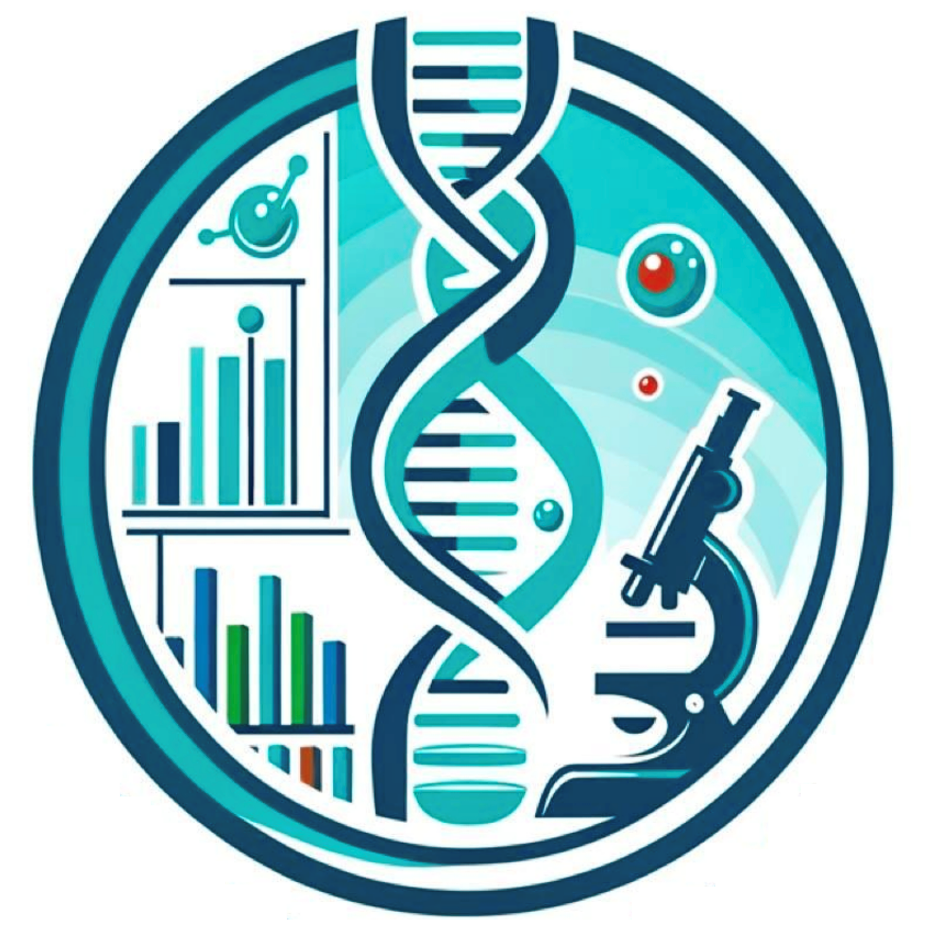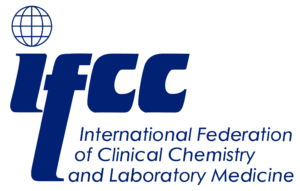Background And Objectives
Chronic heart failure continues to have a poor prognosis, in spite of advances made in its therapy. It is uncertain whether symptom-guided therapy optimization is the most effective strategy in this setting. The aim of our study was to evaluate the usefulness of a brain natriuretic peptide (BNP)-guided therapy for the treatment of patients with heart failure.
Patients And Methods
We carried out a prospective and randomized study including 60 patients consecutively discharged with the diagnosis of heart failure NYHA class III or IV in one cardiology department of a Spanish hospital; 30 patients were randomly assigned to a symptom-guided therapy group based on the clinical Framingham score, and 30 to a BNP-guided therapy group. Therapy was adjusted to obtain a clinical score <2 in the symptom-guided group and BNP levels <100pg/ml in the BNP-guided group. Follow up was 16±4 months.
Results
BNP-guided group had lower BNP levels during follow up than had symptom-guided group: 14(20)pg/ml versus 111±71pg/ml at 18 months, p=0.029. Clinical score was similar in both groups: 0.42(0.33) versus 0.39(0.63) at 18 months. Probability of survival (86% in both groups) and probability of being free of readmissions for heart failure (68 versus 66%) at 18 months were similar in both groups.
Conclusions
In our experience, in patients with heart failure, BNP-guided therapy did not improve clinical outcomes compared with symptom-guided therapy.

